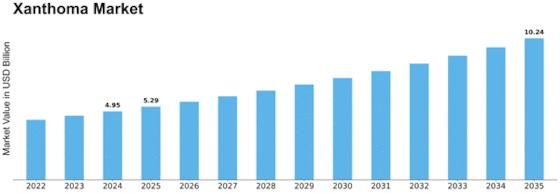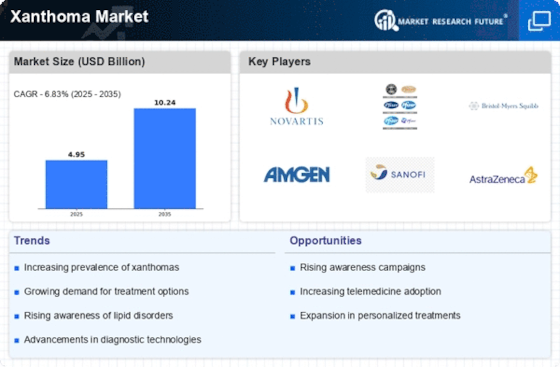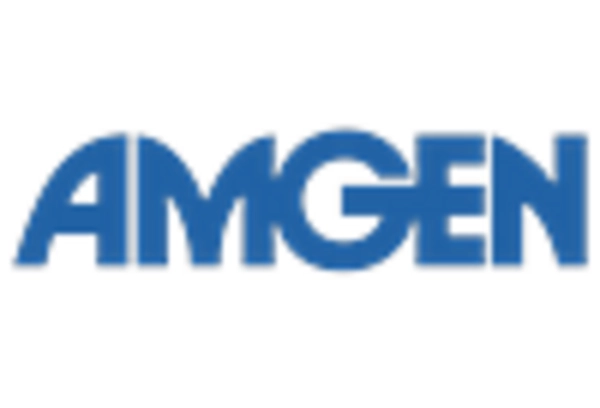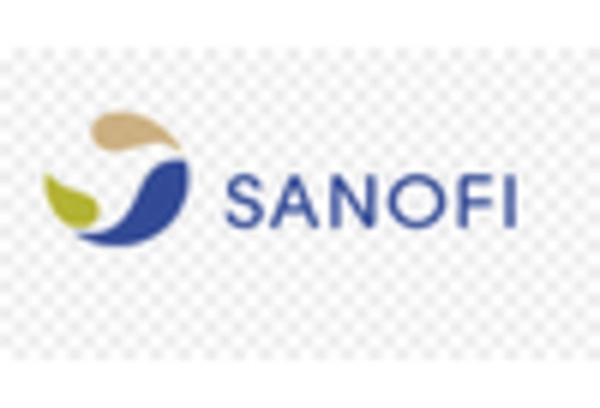Xanthoma Size
Xanthoma Market Growth Projections and Opportunities
Xanthoma sales are affected by the disease's prevalence and occurrence. As more people are diagnosed with Xanthoma, demand for treatments and therapies is rising, shaping the market. Understanding Xanthoma risk factors and causes is crucial for market considerations. Xanthoma is caused by genetics, diabetes, and lipid problems. As pharmaceutical companies focus on tailored medications, these and other variables affect the market.
Diagnostic technology availability and advances affect the xanthoma market. Imaging methods and biomarkers help diagnose patients early and accurately, driving the demand for diagnostic devices and market growth.
The market is driven by Xanthoma treatment choices and efficacy. Surgical operations, pharmacological therapy, and lifestyle changes all affect the landscape, and research and development shape the sector.
The pharmaceutical pipeline for xanthoma treatments is crucial to industry dynamics. Clinical trials and drug development affect market share and innovation in the business. Healthcare infrastructure in different regions affects the Xanthoma market. Healthcare facilities, diagnostic services, and treatment options vary by person, which can affect market trends and product demand.
By altering patients' access to Xanthoma therapy, health insurance policies affect the market. Insurance and reimbursement policies affect the cost and frequency of certain treatments. Another component affecting market dynamics is public awareness and education about Xanthoma. In addition to encouraging patients to seek medical help and driving demand for related products and services, awareness contributes to early identification. The regulatory environment for Xanthoma therapies is crucial to market growth. Market approval processes, regulatory standards, and compliance requirements affect new product introductions and market growth.
Economic factors including consumer expenditure and healthcare spending affect the xanthoma market. Stability and growth in the economy boost healthcare investment, which benefits the market.
Global demographic trends and population aging affect the Xanthoma market. Xanthoma prevalence rises with population demographics, affecting market patterns.
Important market participants, pharmaceutical company competition, and strategic alliances affect the Xanthoma market. Market share, price, and product differentiation affect sector competitiveness.



















Leave a Comment